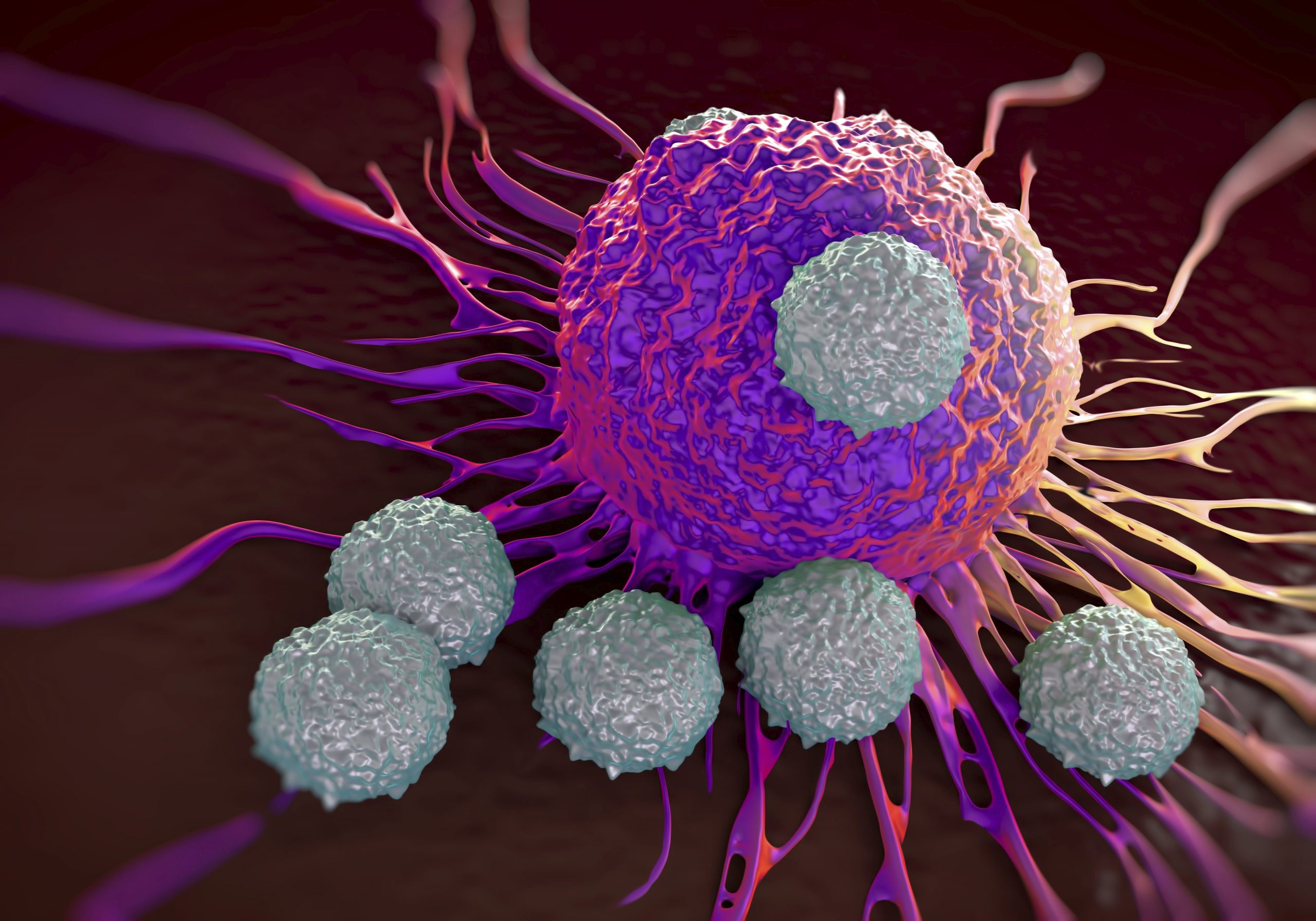‘Trojan horse’ cancer drug shows promise in multiple tumour types

A new type of cancer drug that acts as a ‘Trojan horse’ to get inside tumour cells has shown promise in patients with six different cancer types.
In patients with advanced, drug-resistant cancers, over a quarter with cervical and bladder tumours, and nearly 15% with ovarian and lung tumours, responded to the new treatment.
The drug, called tisotumab vedotin (TV) and co-developed by Genmab and Seattle Genetics, is made up of a toxic drug attached to the tail end of an antibody. The antibody is designed to seek out a receptor called ‘tissue factor’ – present at high levels on the surface of many cancer cells and linked with worse survival. Binding to tissue factor draws the drug inside cancer cells, where it can kill them from within.
A team at The Institute of Cancer Research, London, and The Royal Marsden NHS Foundation Trust led a phase I/II global clinical trial of nearly 150 patients with a variety of cancer types who had stopped responding to standard treatments.
The researchers found that a significant minority of cancer patients responded to the drug, with their tumours either shrinking or stopping growing.
They saw responses in 27% of patients with bladder cancer, 26.5% with cervical cancer, 14% with ovarian cancer, 13% with oesophageal cancer, 13% with non-small cell lung cancer and 7% with endometrial cancer (although not in any men with prostate cancer).
Responses lasted an average of 5.7 months, and up to 9.5 months in some patients.
The majority of patients in the early trial had advanced stage cancer that had already been treated with, and become resistant to, an average of three different types of treatment.
Biopsy samples taken at the start of the trial are currently being analysed for expression of tissue factor on tumour cells to see if it could be used as a marker to select patients most likely to respond to the drug.
“What is so exciting about this treatment is that its mechanism of action is completely novel – it acts like a Trojan horse to sneak into cancer cells and kill them from the inside,” said Professor Johann de Bono, Regius Professor of Cancer Research at The Institute of Cancer Research and consultant medical oncologist at The Royal Marsden NHS Foundation Trust. “Our early study shows that it has the potential to treat a large number of different types of cancer, and particularly some of those with very poor survival rates.”
TV is now being trialled in other cancer types including bowel, pancreatic, squamous cell lung and head and neck, as well as in a phase II trial as a second-line treatment for cervical cancer.
Genmab has seen a string of successes in recent months – most recently its Darzalex (daratumumab), co-developed with Sanofi, saw promising results in a phase 3 trial for the lucrative indication of multiple myeloma.











